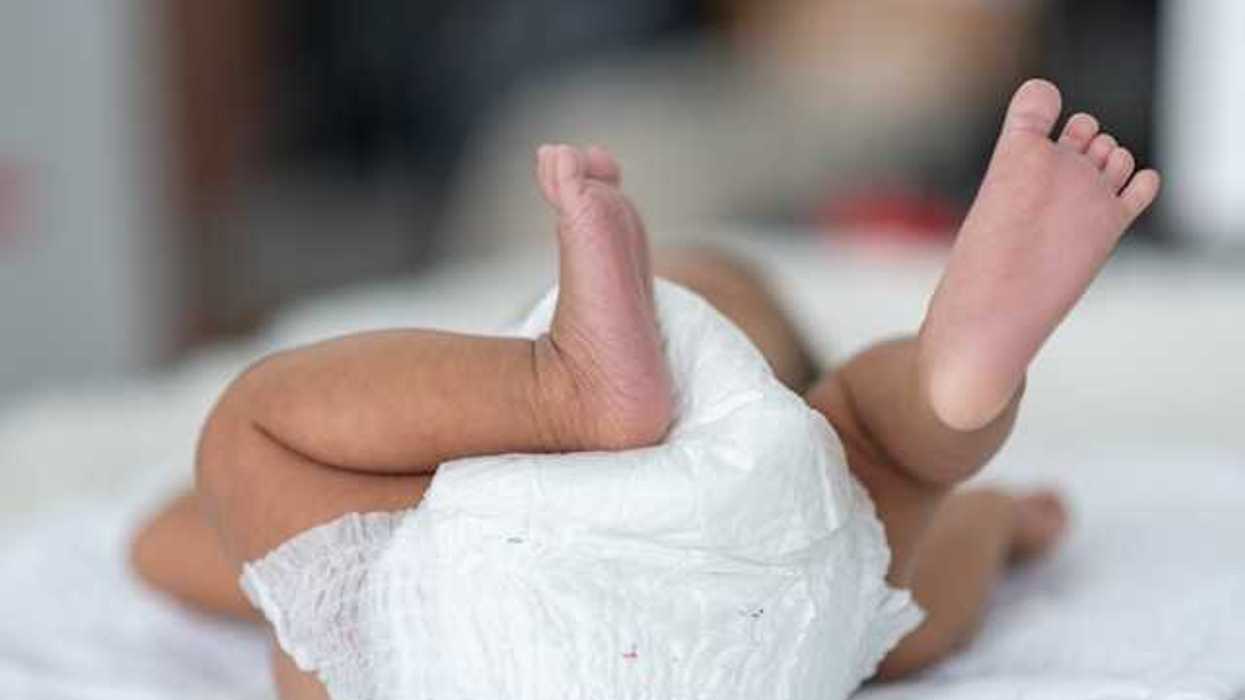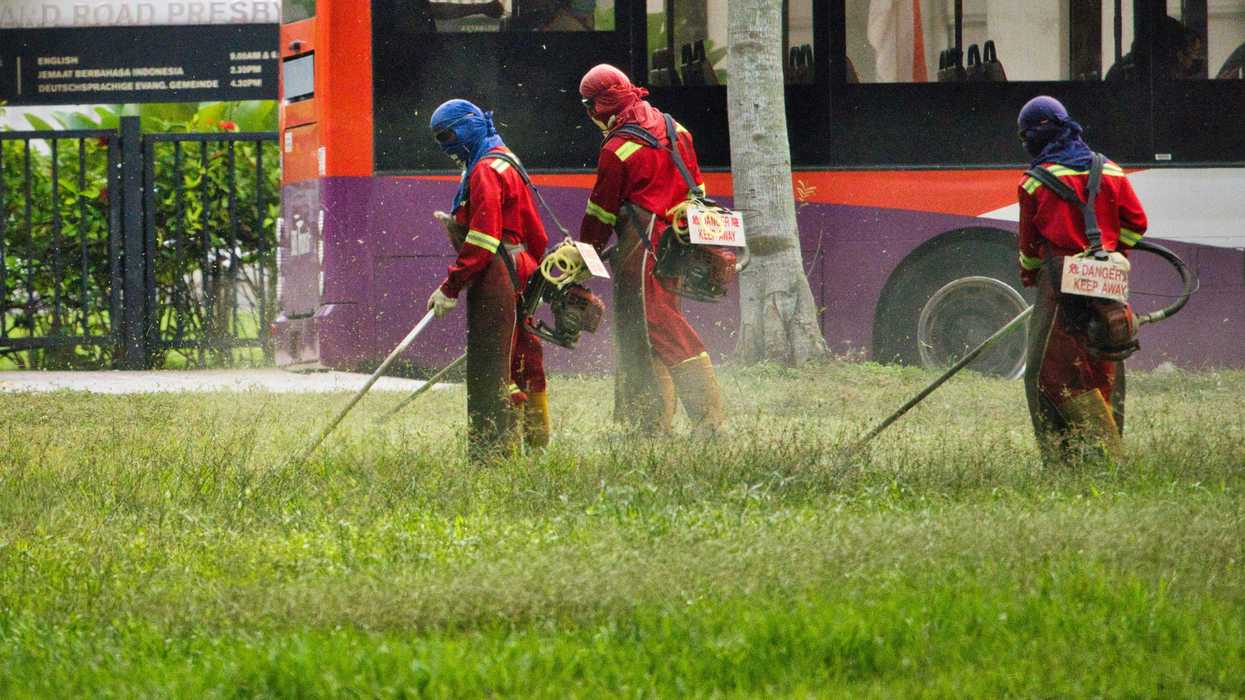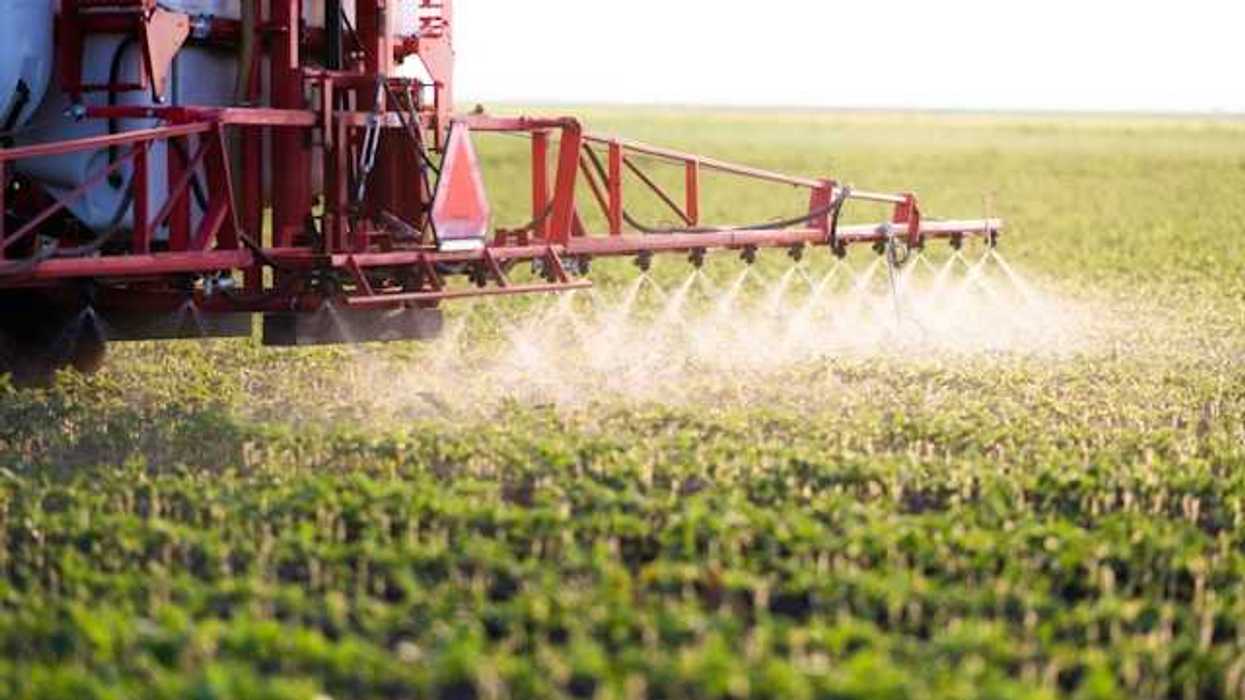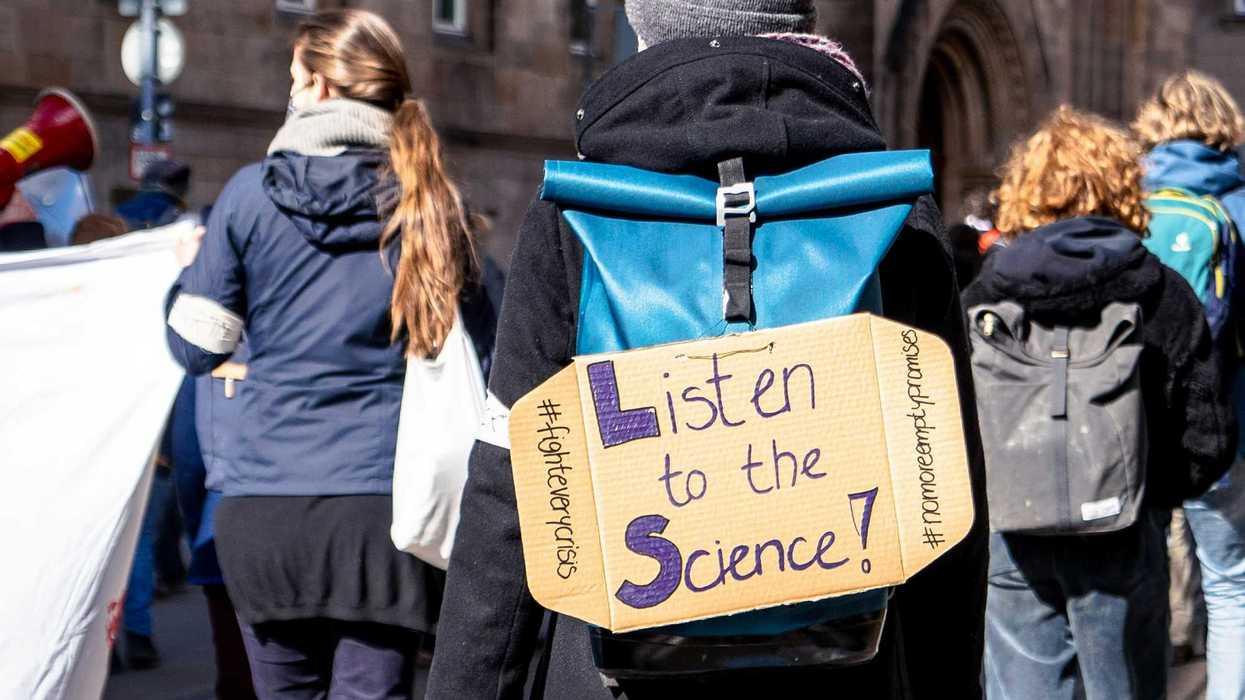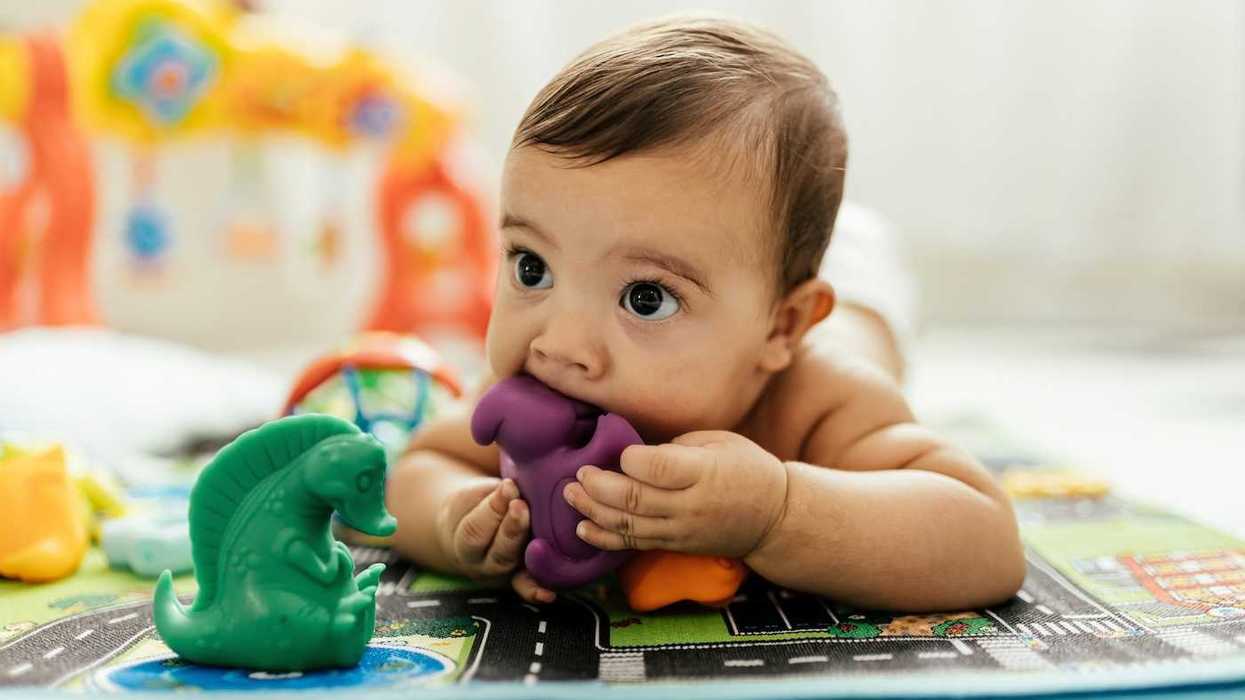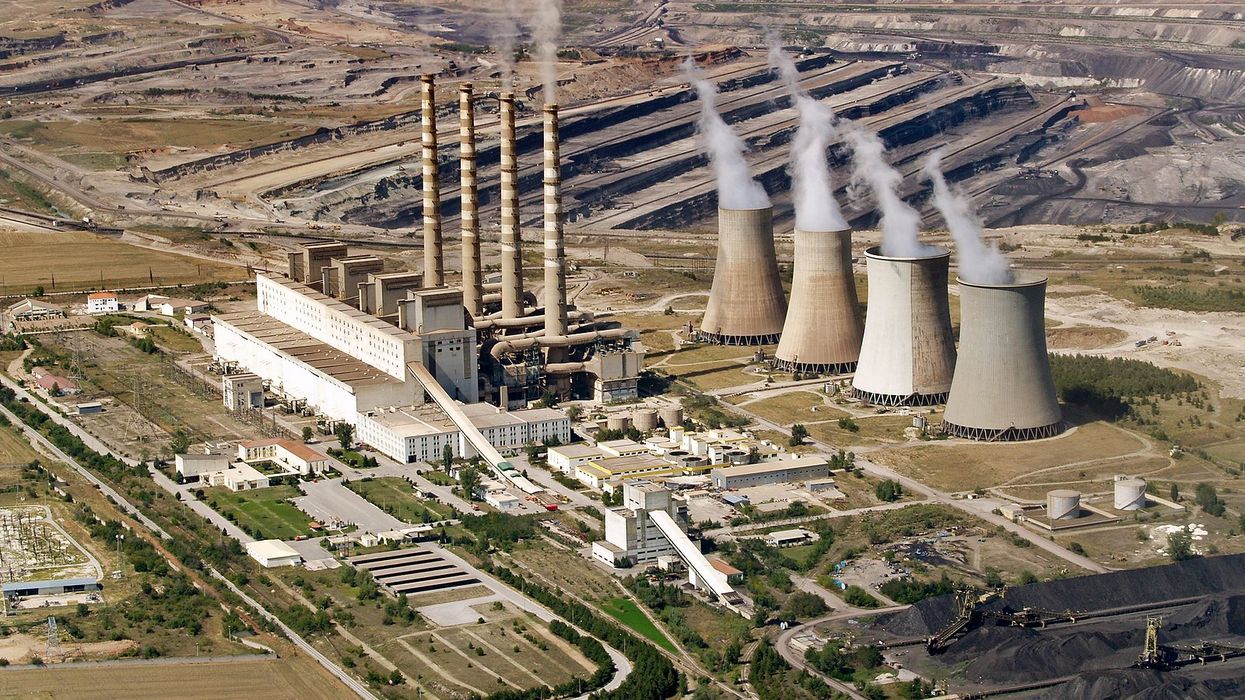A new machine learning tool developed at U.C. Santa Barbara aims to guide policymakers in reducing plastic waste through a variety of interventions.
Lisa Held reports for Civil Eats.
In short:
- Representatives from more than 150 countries are negotiating a treaty to address the plastic crisis, with final details expected later this year.
- The Global Plastics AI Policy Tool assesses the impact of 11 policy interventions on reducing plastic waste through 2050, predicting significant reductions with measures like minimum recycled content mandates and capping virgin plastic production.
- Expert Nivedita Biyani emphasizes the need for systemic changes in waste management, comparing current practices to outdated methods from the 1950s.
Key quote:
"Negotiators need to recognize that plastic pollution is an accelerating global crisis that cannot be solved with fragmented national approaches."
— Eirik Lindebjerg, WWF International’s global plastics policy lead
Why this matters:
Plastic pollution is a growing global crisis affecting both environmental and human health. Effective policies, informed by AI tools, are important for achieving significant reductions in plastic waste, especially in sectors like food packaging. Read more: Investigation: PFAS on our shelves and in our bodies.


